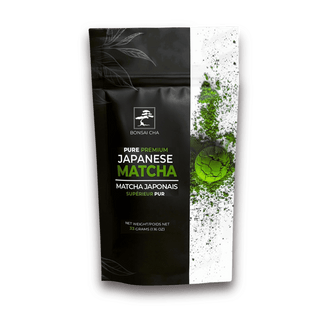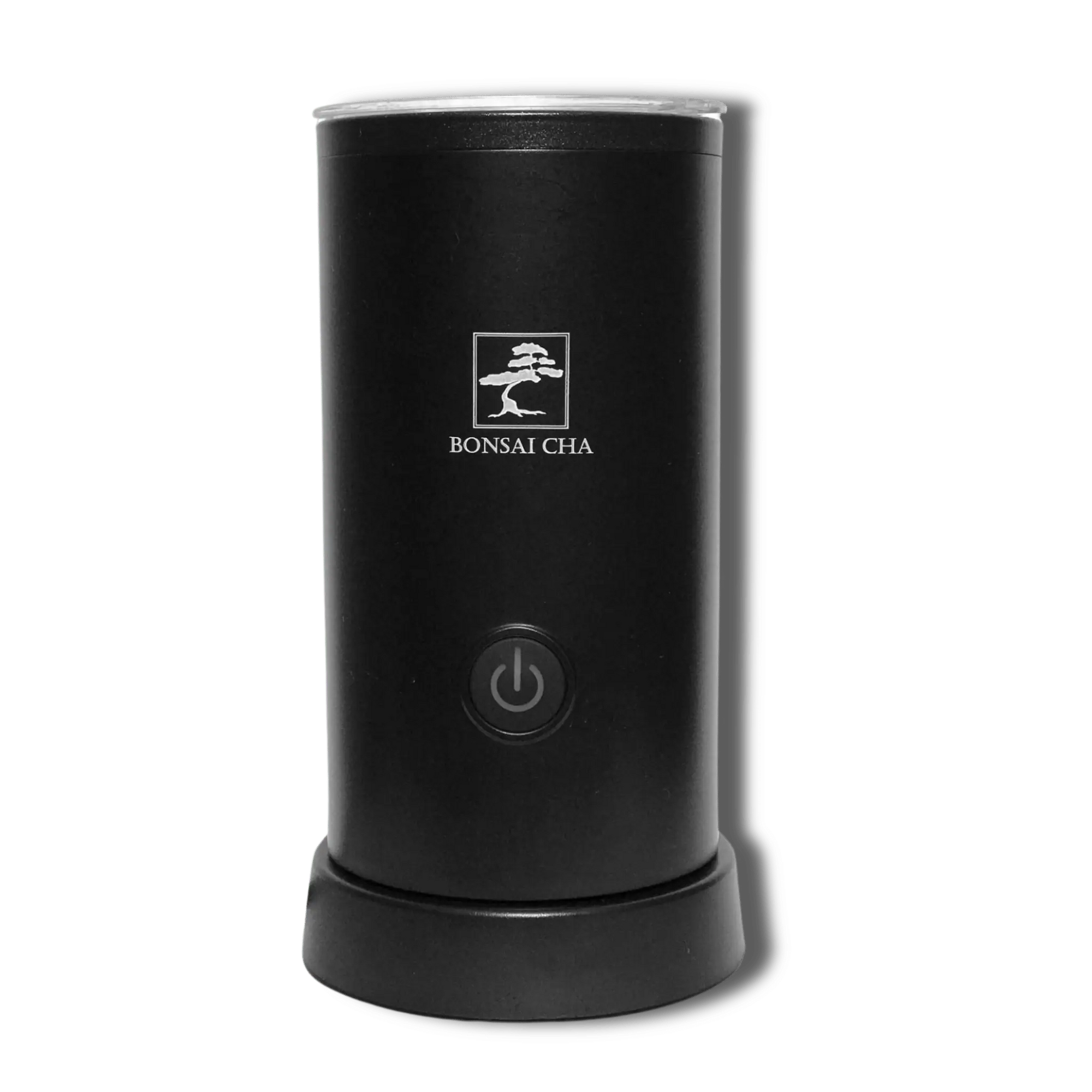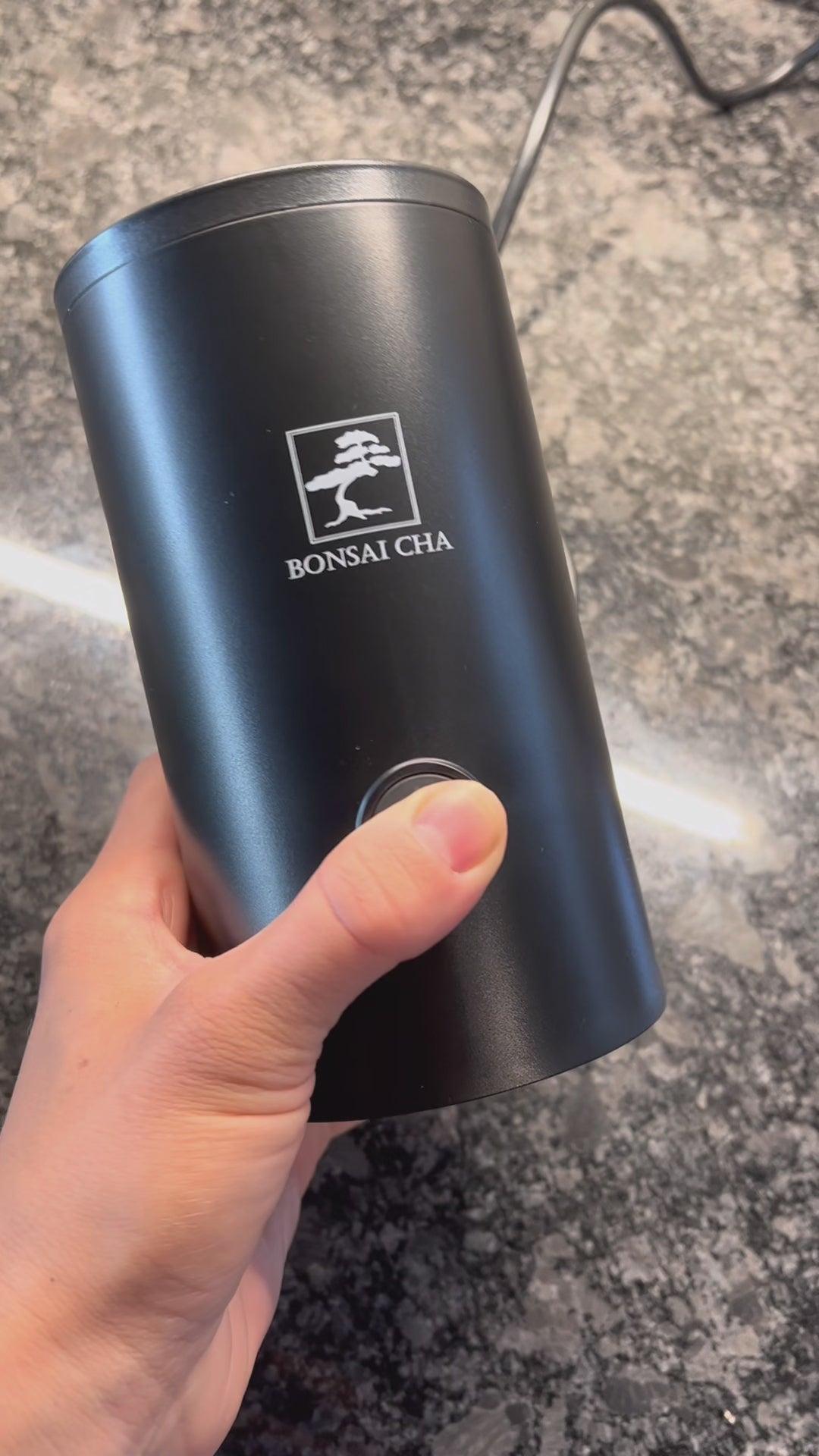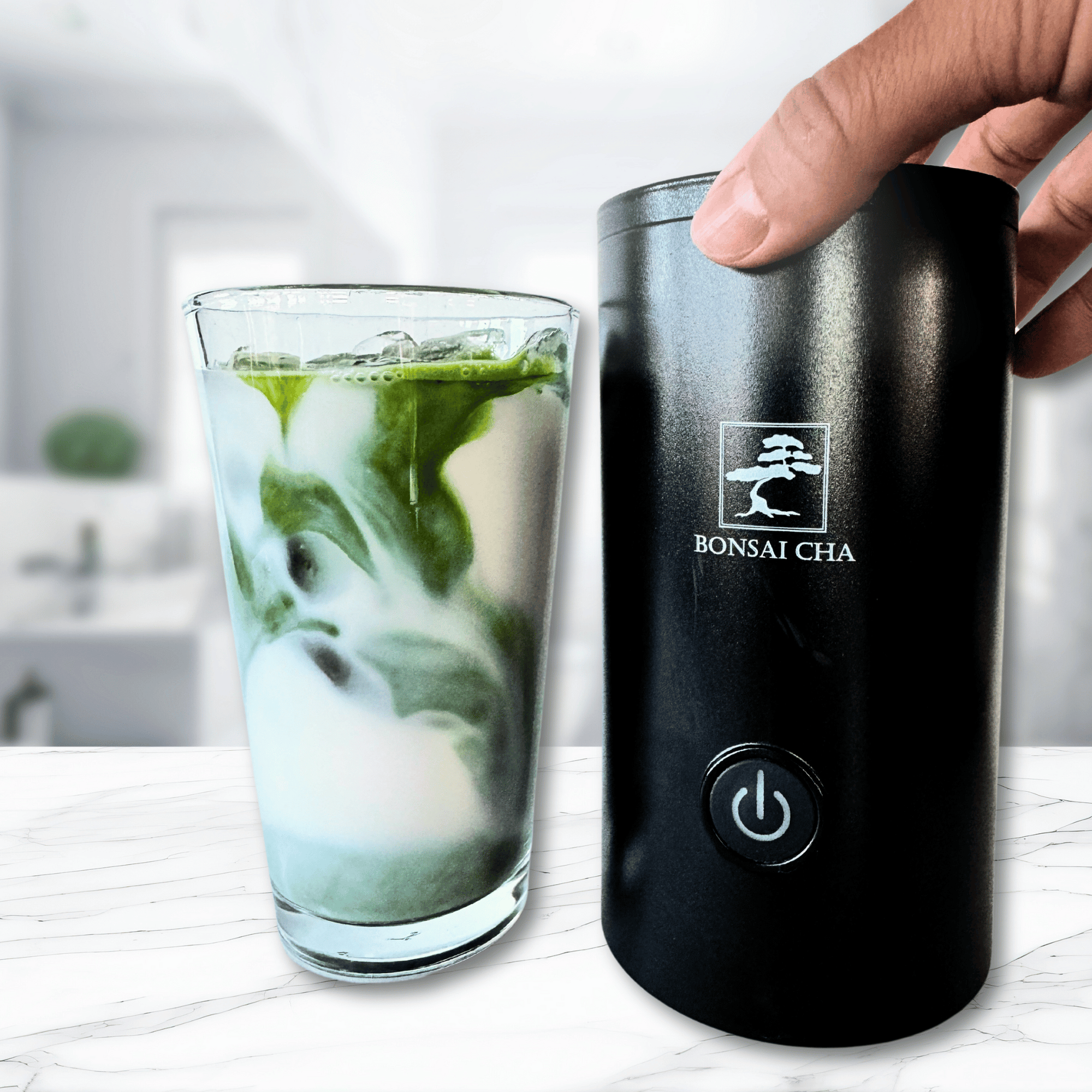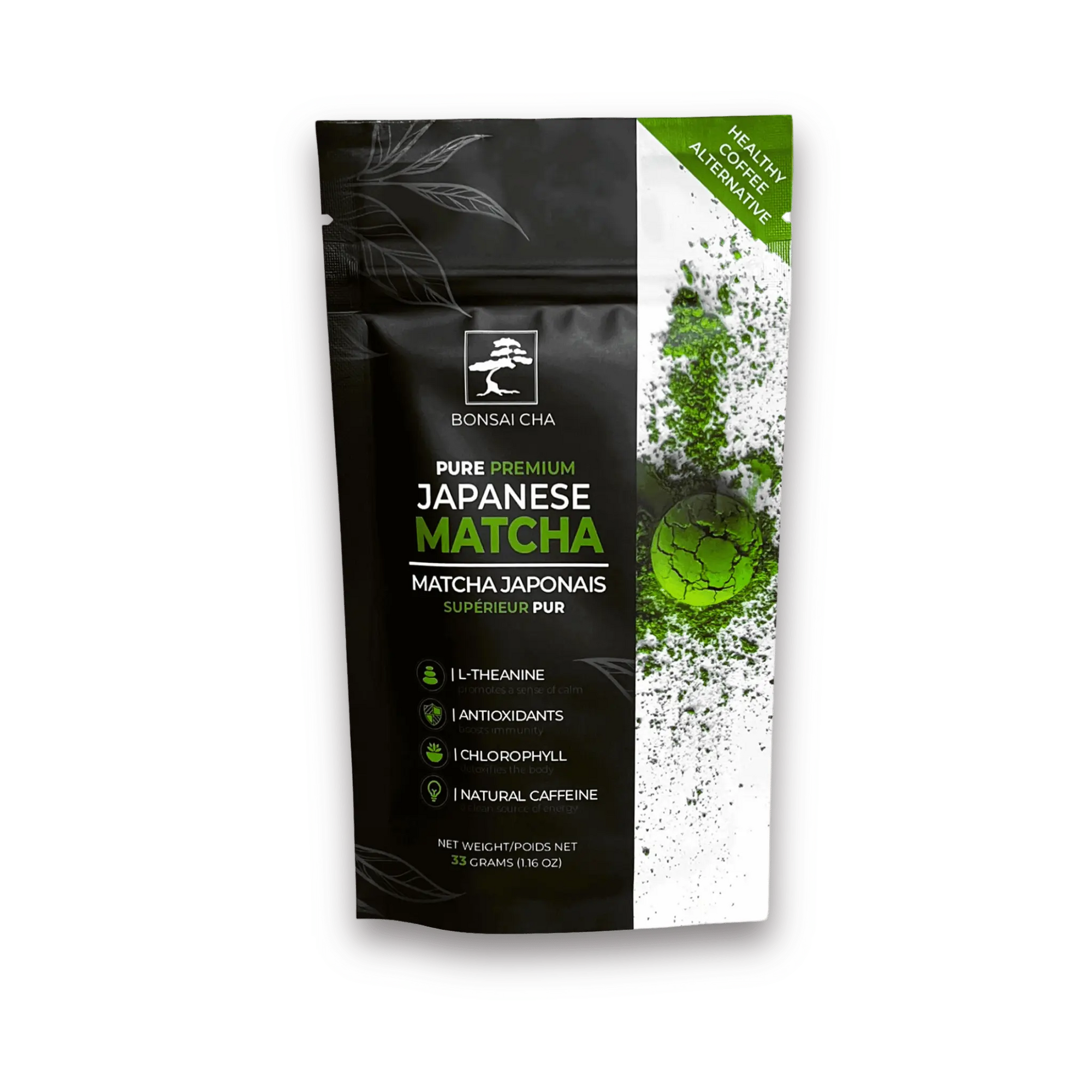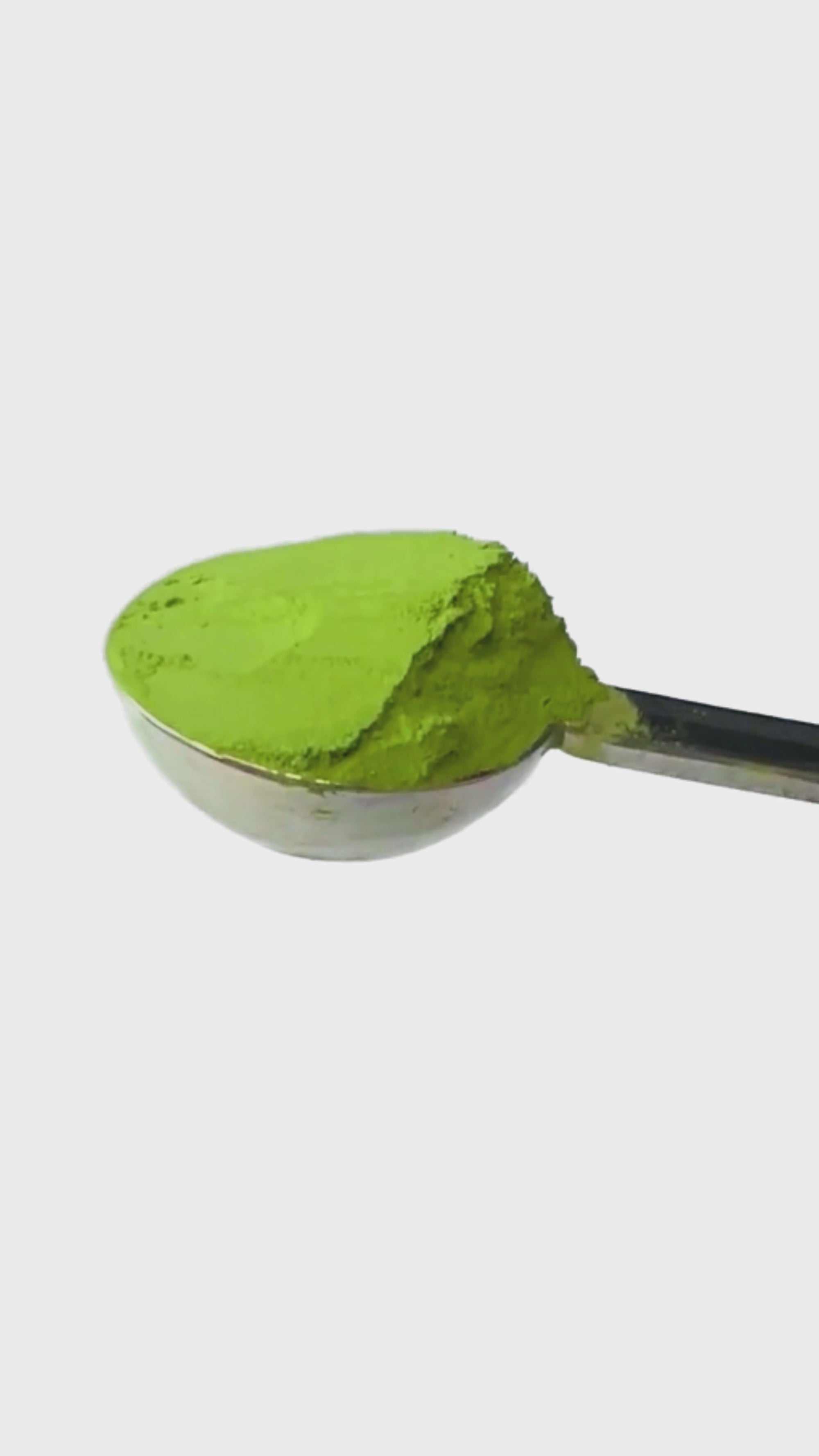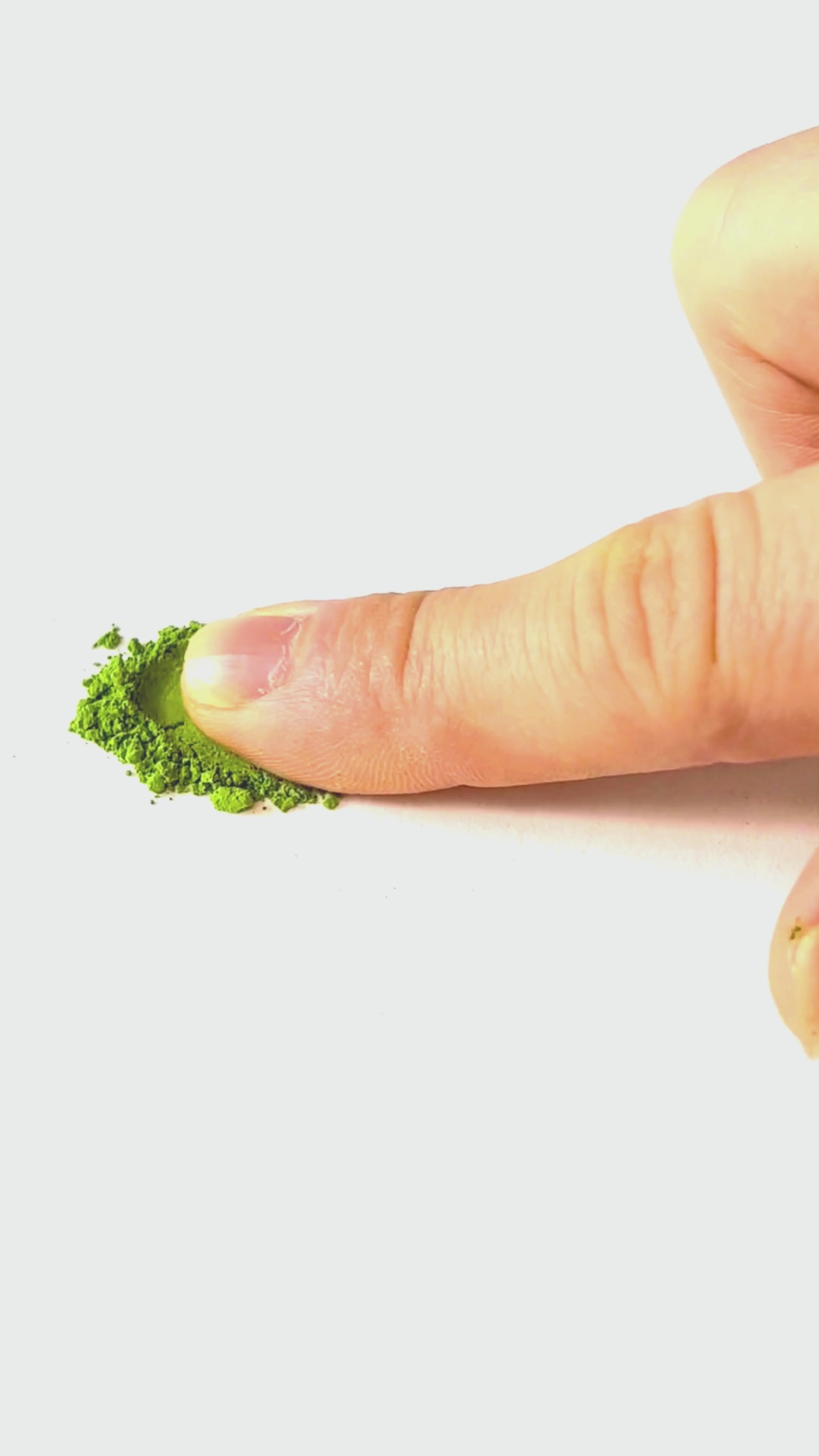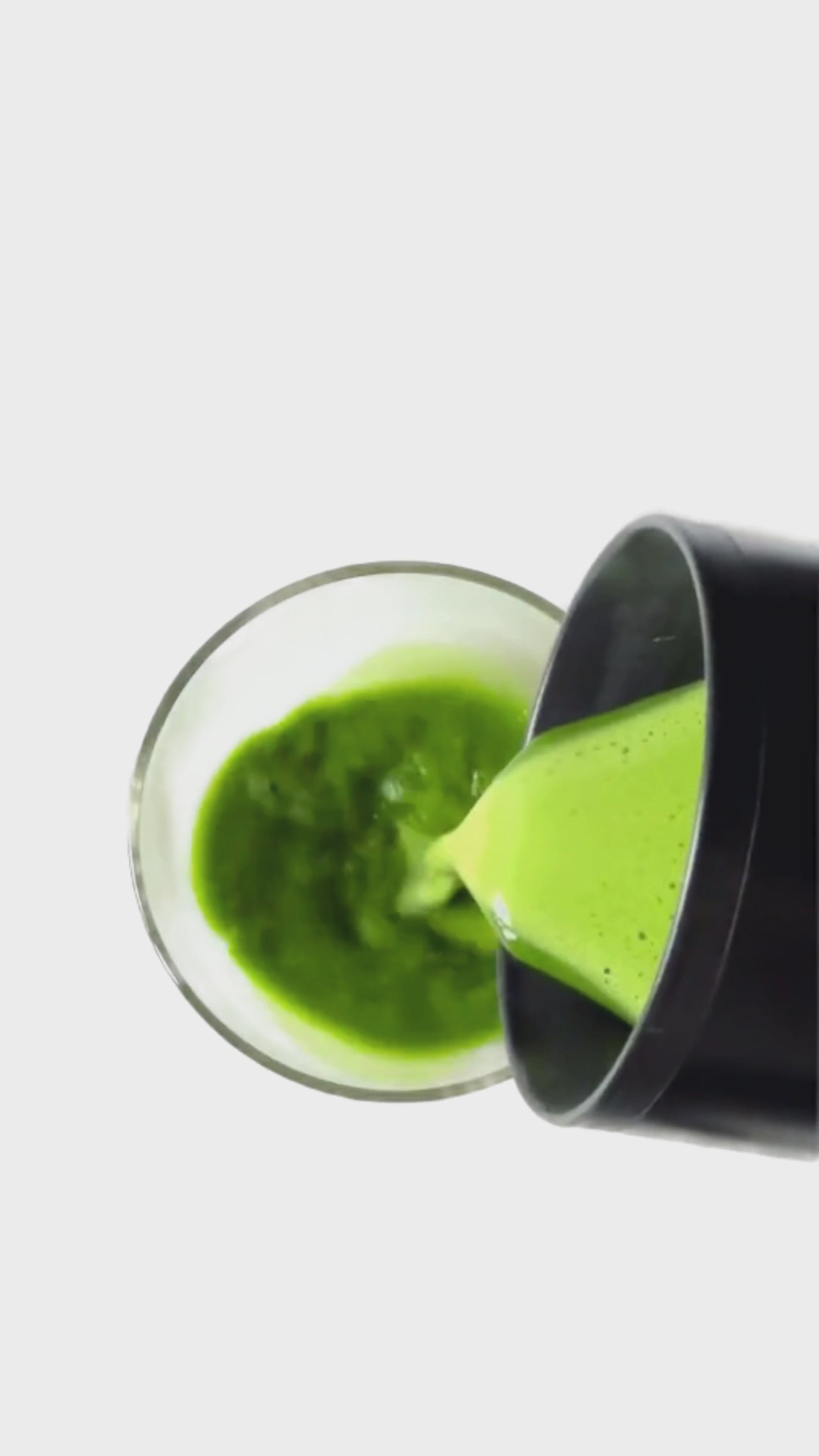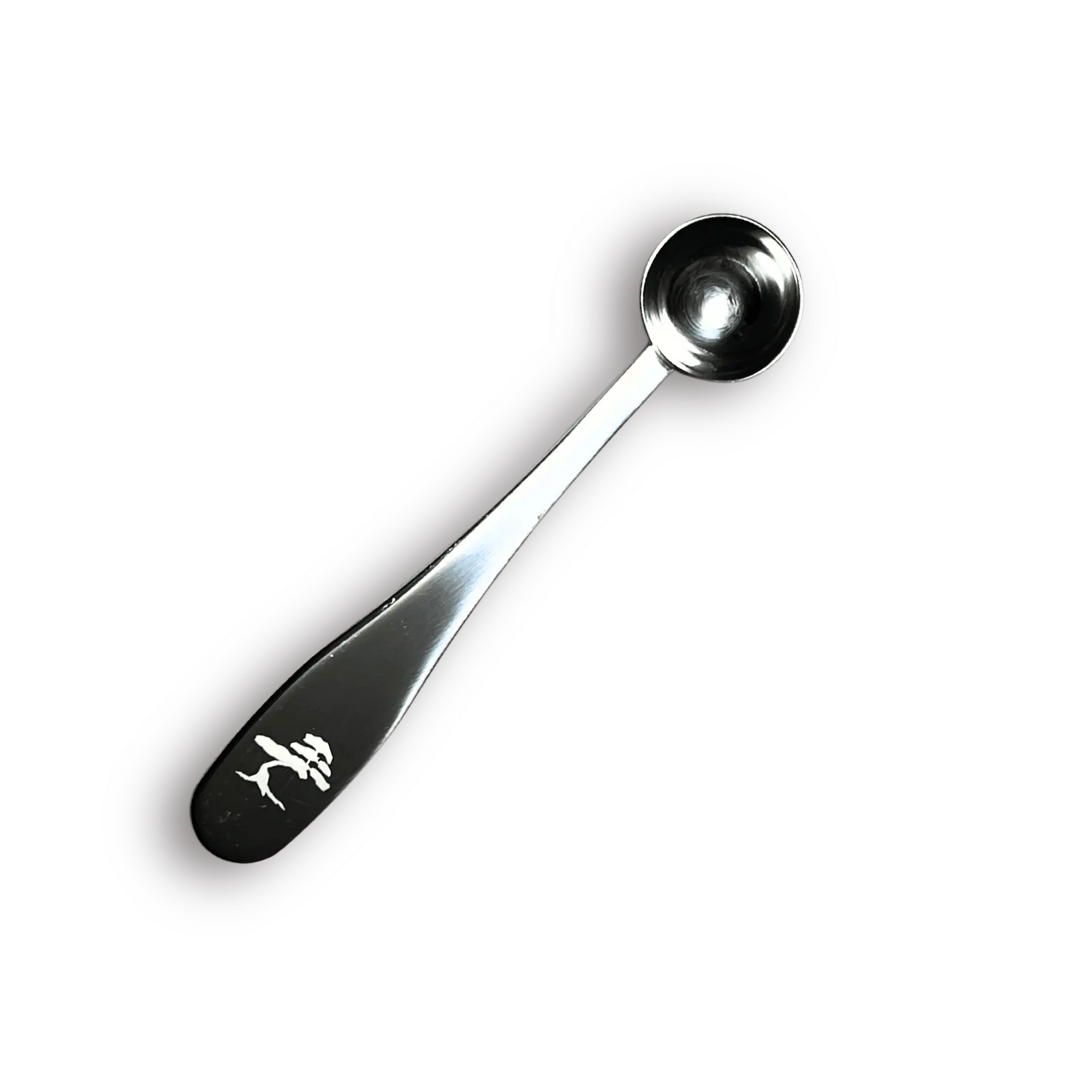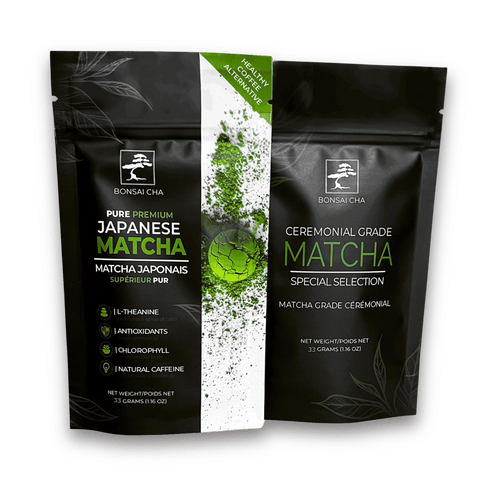When to Drink Matcha for Weight Loss: 4 Best Times to Drink Matcha

Matcha, a finely ground powder made from shade-grown tea leaves, has swiftly gained popularity not just for its unique taste and vibrant green color but for its astounding health benefits, especially in weight loss.
While matcha is replete with advantages, knowing when to consume it can optimize its weight loss effects. In this article, we delve into the best times to drink matcha to shed those stubborn pounds.
Contents
- Matcha: The Ancient Elixir and Its Modern Weight Loss Secrets
- The Science Behind Matcha
- The Bigger Picture: A Holistic Approach to Weight Loss
- Integrating Matcha into a Comprehensive Workout Plan
- Potential Side Effects and Precautions
- Matcha Preparation Tips for Weight Loss
- Conclusion and Future Outlook
- Frequently Asked Questions (FAQ)
Don't 'Cha Wanna Be in the Know?
Join our matcha community and be the first to receive insider tips, special offers and exclusive deals delivered to your inbox.
Matcha: The Ancient Elixir and Its Modern Weight Loss Secrets
For centuries, matcha has been celebrated in Japanese tea ceremonies as an emblem of tranquility and harmony. Today, the world has awakened to the allure of this finely ground green tea, recognizing its potential in promoting health and facilitating weight loss. Understanding how and when to use this ancient elixir for contemporary weight loss ambitions is essential for those looking to harness its full potential.
The Rich History of Matcha
Before we journey into the intricacies of matcha and weight loss, it's beneficial to understand its storied past. This historical context provides a foundation for the respect and reverence matcha commands.
Origins and Zen Monks
Matcha’s origins trace back to China during the Tang Dynasty. It was during this era that tea leaves were steamed and molded into bricks for storage and trade. This method made its way to Japan, where it underwent a transformation. Instead of brewing the tea leaves, they were ground into a fine powder, which then became what we know as matcha today. Zen monks were among the first to recognize matcha's ability to instill a sense of calm and alertness, ideal for meditation[11].
Japanese Tea Ceremony - Chanoyu
Matcha soon became integral to the Japanese way of life, especially within the realms of the traditional tea ceremony, or Chanoyu. This ritual emphasizes the concepts of harmony, respect, purity, and tranquility. The methodical preparation and consumption of matcha in this ceremony are seen as a choreographic ritual of preparing and drinking the tea with a profound sense of mindfulness and respect[12].
Understanding this history is fundamental because the holistic benefits of matcha are rooted not just in its physiological effects but also in the mindful practices surrounding its consumption.

The Science Behind Matcha
Diving deeper into the benefits of matcha, its green hue, indicative of chlorophyll, is just the tip of the iceberg. The true magic lies in its unique blend of compounds that collectively confer its weight loss benefits.
Before diving into the timing, it's crucial to understand the science behind matcha's weight loss prowess. Rich in antioxidants, particularly catechins, matcha boosts metabolism, reduces appetite, and even enhances energy expenditure[1]. Additionally, a study published in *The American Journal of Clinical Nutrition* highlighted that regular consumption of green tea, which includes matcha, increased energy expenditure and fat oxidation in humans[4].
The 4 Best Times to Drink Matcha for Weight Loss
Morning Ritual
Starting your day with matcha can kick-start your metabolism. The unique combination of caffeine and L-theanine in matcha provides a sustained energy boost without the jitters often associated with coffee. Drinking matcha in the morning post-breakfast can set a positive, energetic tone for the day ahead while amplifying fat burning[2].
Pre-Workout Boost
Matcha not only boosts metabolism but also acts as a great pre-workout drink. The catechins present increase the body's fat-burning potential during aerobic activities. Additionally, the caffeine content can improve physical performance by mobilizing fatty acids from fat tissues[6].
Afternoon Slump
An afternoon matcha can help ward off the usual post-lunch slump. Matcha's L-theanine content promotes alertness, helping you stay focused and energized throughout the day without resorting to sugary snacks[1].
Before a Meal
Drinking matcha around 30 minutes before meals may aid in reducing appetite. The EGCG content in matcha has been linked to reduced food intake by signaling satiety, ensuring you don't overeat[10].
Matcha and Sleep Quality
Contrary to the idea that caffeine disrupts sleep, certain compounds in green tea may improve sleep quality. The synergy between EGCG and L-theanine in matcha could enhance the levels of gamma-aminobutyric acid (GABA), a neurotransmitter involved in relaxation and stress relief[10]. Nevertheless, it's advisable to avoid consuming matcha right before bed to ensure it doesn’t interfere with your sleep.

The Bigger Picture: A Holistic Approach to Weight Loss
While matcha is a potent tool in the weight loss arsenal, integrating it with a holistic lifestyle approach is crucial. Regular exercise, a balanced diet rich in fiber and protein, adequate sleep, and reduced stress are equally important for sustainable weight loss.
Catechins – Nature's Fat Fighters
Among the numerous compounds in matcha, catechins are the standout stars. These are a type of antioxidant with significant health benefits. Epigallocatechin gallate (EGCG) is the most abundant catechin in matcha, contributing to its weight loss properties by boosting metabolism and encouraging the breakdown of fat[1].
Caffeine – The Alertness Alchemist
Though not exclusive to matcha, the caffeine present plays a pivotal role. It’s a well-known stimulant that can enhance calorie burn. However, when juxtaposed with matcha’s rich L-theanine content, the combination ensures a slow release of energy, negating the typical caffeine highs and lows associated with other beverages like coffee[2].
L-Theanine – The Calm Catalyst
Unique to green teas, L-theanine is an amino acid known for promoting relaxation without drowsiness. In the context of weight loss, stress is often a significant factor leading to overeating or 'emotional eating.' L-theanine can assist in reducing stress levels, thereby potentially reducing the chances of such eating patterns[2].
Chlorophyll – The Detox Dynamo
Matcha’s vibrant green is due to its high chlorophyll content. Chlorophyll is known for its detoxifying properties, aiding in the elimination of toxins from the body. A cleaner system can function more efficiently, potentially optimizing metabolic processes related to weight loss[13].
Psst... Use the secret code BONSAIBLOG at checkout to
GET A FREE PREMIUM MATCHA
($33 CAD VALUE)
when you purchase any matcha powder or matcha kit
(Limited to 1 per customer)
Integrating Matcha into a Comprehensive Workout Plan
As powerful as matcha can be, it's essential to understand that sustainable weight loss results from a combination of factors. Drinking matcha at specific times may amplify the effects of a well-balanced weight loss regime, but it should not be seen as a standalone solution. Here's how you can harmoniously integrate matcha into a broader weight loss plan.
Matcha as a Pre-workout Boost
Matcha's unique blend of caffeine and L-theanine offers a sustained release of energy. This can act as a fueling agent before workouts. The caffeine can increase endurance, while L-theanine ensures you don't crash post-exercise. Drinking matcha about 30 minutes before a workout can potentially increase fat oxidation and boost your exercise performance[14].
Combine with a Balanced Diet
Matcha can assist in metabolism and fat breakdown, but its effects are best witnessed when paired with a nutritious, balanced diet. Incorporate whole grains, lean proteins, healthy fats, and a plethora of fruits and vegetables. Think of matcha as a supportive agent, enhancing the effects of an already wholesome diet.
Mindful Drinking
Drawing from the Japanese tea ceremony, consuming matcha with intention and mindfulness can be a meditative experience. Such mindfulness can potentially lead to heightened awareness of your hunger and satiety cues, ensuring you eat just enough and not in excess[15].
Adequate Hydration
While matcha is a hydrating beverage, remember to also consume ample water throughout the day. Proper hydration can aid in digestion, keep the skin healthy, and even suppress untimely hunger pangs. Aim for at least 8 glasses a day, more if you're active.
Complement with Sleep and Stress Management
A cup of calming matcha can be part of your wind-down evening routine. L-theanine promotes relaxation, potentially aiding in better sleep. Ensure you're getting 7-9 hours of restful sleep. Coupling this with other stress-reducing practices like meditation or yoga can further support weight loss.
Regular Monitoring and Adjustments
Each individual's response to dietary components varies. While some might witness noticeable effects by incorporating matcha, others might experience subtler benefits. Regularly monitor your weight, energy levels, and overall well-being. If required, adjust the frequency and quantity of matcha consumption based on your observations and results.

Potential Side Effects and Precautions
Matcha's growing reputation as a weight loss enhancer is firmly rooted in its rich composition of beneficial compounds. However, as with any dietary component, it's crucial to approach its consumption with balance and awareness. Overreliance or excessive consumption can lead to unwanted side effects. Here's what to be aware of:
Caffeine Sensitivity
Matcha contains caffeine – roughly the amount found in half to a full cup of coffee for a standard serving. For those sensitive to caffeine, overconsumption can lead to jitteriness, insomnia, palpitations, or dizziness. If you're new to matcha or know you're sensitive to caffeine, start with smaller servings and avoid drinking it late in the day[16].
Lead Contamination Concerns
Some studies have shown that matcha, particularly when sourced from areas with high industrial pollution, can contain lead. Consuming large quantities of such matcha can have detrimental health effects. To avoid this, always opt for high-quality matcha from reputable sources[17].
Stomach Upsets
Excessive consumption of matcha can sometimes lead to stomachaches or diarrhea, particularly in those with sensitive digestive systems. Always listen to your body; if you notice any discomfort, reduce the amount or frequency of your matcha intake.
Potential Interactions with Medications
The compounds in matcha can interact with certain medications, particularly those affecting blood pressure or heart rate. If you're on any prescription medications, it's always wise to consult with your healthcare provider before incorporating large amounts of matcha into your routine[18].
Over-reliance for Weight Loss
While matcha can support weight loss, it shouldn't be the sole strategy. Depending too much on matcha and neglecting other essential weight loss factors like a balanced diet, exercise, and stress management can lead to suboptimal results and potential health risks.
Quality Matters
Not all matcha is created equal. Some products in the market might be adulterated or of inferior quality, reducing the potential health benefits and increasing risks. Always choose ceremonial-grade matcha and source it from trusted vendors.
Incorporating matcha into your diet can be an enriching experience, not just for weight loss but for overall wellness. However, like any potent dietary substance, it's essential to consume it with awareness and moderation. By doing so, you can savor its unique flavor, tap into its rich history, and benefit from its myriad health properties without undue risks.
Matcha Preparation Tips for Weight Loss
Optimizing the way you prepare and consume matcha can amplify its weight loss benefits. This section provides practical tips and methods to get the most out of your matcha experience, particularly with a focus on weight loss.
Avoid Adding Sugars
While matcha lattes at cafes can be tempting, many of these commercial options come loaded with added sugars, which can counteract the weight loss benefits. Instead, if you need a sweetener, consider adding a touch of honey or a natural, non-caloric sweetener like stevia[27].
Mix with Other Metabolism Boosters
Consider adding other natural metabolism boosters to your matcha drink. Ingredients like ginger, lemon, or a sprinkle of cayenne can give your metabolism an extra kick and enhance the weight loss benefits of matcha[28].
Cold Brew Matcha
While hot matcha tea is the traditional way of consumption, cold brewing matcha overnight can offer a smoother taste and retain many of its beneficial compounds. Plus, a cold matcha drink can be refreshing, especially after workouts, helping you rehydrate and boost metabolism simultaneously[29].
Incorporate into Smoothies
Adding matcha powder to your morning or post-workout smoothie is an excellent way to reap its benefits. Combining matcha with protein-rich ingredients like Greek yogurt or chia seeds, and fiber-rich fruits can create a satiating and metabolism-boosting beverage[30].

Conclusion and Future Outlook
Remember, while matcha can be an excellent addition to a weight loss regimen, it should be part of a balanced diet and a broader healthy lifestyle. Engaging in regular physical activity, consuming a nutrient-rich diet, and managing stress are all essential components of a holistic weight loss approach.
For those looking to shed some weight, integrating matcha into their daily routine appears promising. However, it's essential to underscore that relying solely on matcha as a magical weight loss solution isn't prudent. Instead, matcha should be perceived as a complement to an overall healthy lifestyle, which incorporates a balanced diet, regular exercise, and good sleep.
Before making any significant changes to your diet or wellness routine, it's always best to consult with a healthcare professional or nutritionist to ensure it's the right choice for your individual needs.
SUPPORT YOUR WEIGHT LOSS JOURNEY WITH BONSAI CHA
Sorry, there are no products in this collection
Frequently Asked Questions (FAQ)
- When is the best time to drink matcha for weight loss?
The best times to drink matcha for weight loss are in the morning to kick-start your metabolism, before a workout to boost fat burning, and in the afternoon to prevent energy slumps and cravings. - Can drinking matcha before a meal help with weight loss?
Yes, drinking matcha about 30 minutes before a meal can help reduce appetite, potentially leading to lower calorie intake during the meal. - Does matcha have the same weight loss benefits as other green teas?
Matcha offers more concentrated weight loss benefits than regular green tea due to its higher content of catechins, particularly EGCG, which is known to boost metabolism and fat oxidation. - Is it safe to drink matcha every day for weight loss?
Yes, drinking matcha daily can be part of a healthy weight loss regimen, but it's important to consume it in moderation due to its caffeine content. - Can drinking matcha too late in the day affect sleep?
While matcha contains L-theanine, which promotes relaxation, it also has caffeine. It’s best to avoid drinking matcha late in the day to prevent sleep disruption. - Are there any side effects to drinking matcha for weight loss?
Some potential side effects include caffeine sensitivity, stomach upset, or interactions with certain medications. It’s important to start with small amounts and consult a healthcare provider if you have concerns. - Can matcha replace my morning coffee for weight loss benefits?
Yes, matcha can be a great replacement for coffee, providing sustained energy and weight loss benefits without the jitters and crashes associated with coffee. - Does adding sweeteners or milk to matcha reduce its weight loss benefits?
Adding sweeteners or high-calorie milk can counteract matcha's weight loss benefits. Opt for low-calorie or non-dairy milk alternatives and minimal sweeteners.
The information provided in this article is for informational purposes only and is not a substitute for professional medical advice, diagnosis, or treatment. Always consult your physician or a qualified healthcare provider with any questions about a medical condition. Bonsai Cha products are not intended to diagnose, treat, cure, or prevent any disease. The statements in this article have not been evaluated by the FDA or Health Canada.
References
[1] [Matcha Green Tea Drinks Enhance Fat Oxidation During Brisk Walking in Females.](https://www.ncbi.nlm.nih.gov/pmc/articles/PMC5774115/)
[2] [L-Theanine, unique amino acid of tea, and its metabolism, health effects, and safety.](https://pubmed.ncbi.nlm.nih.gov/21793116/)
[4] [The American Journal of Clinical Nutrition: Green tea consumption increases energy expenditure and fat oxidation in humans.](https://academic.oup.com/ajcn/article/70/6/1040/4729179)
[6] [Effects of catechin enriched green tea on body composition.](https://pubmed.ncbi.nlm.nih.gov/20372175/)
[9] [Influence of Green Tea Consumption on Cigarette Smoking-Induced Biochemical Changes in Plasma and Blood.](https://www.ncbi.nlm.nih.gov/pmc/articles/PMC6298158/)
[10] [Effects of Green Tea and Its Epigallocatechin (EGCG) Content on Body Weight and Fat Mass in Humans: A Systematic Review.](https://www.ncbi.nlm.nih.gov/pmc/articles/PMC6017454/)
[11] [History of Matcha.](https://www.teatulia.com/tea-varieties/what-is-matcha.htm)
[12] [The Way of Tea: The Sublime Art of Oriental Tea Drinking.](https://www.goodreads.com/book/show/798352.The_Way_of_Tea)
[13] [Chlorophyll and its Role in Detoxification.](https://www.ncbi.nlm.nih.gov/pmc/articles/PMC3692563/)
[14] [Effects of caffeine intake on muscle strength and power: a systematic review and meta-analysis](https://jissn.biomedcentral.com/articles/10.1186/s12970-017-0177-8)
[15] [Mindful Eating and Weight Loss: How Savoring Might Help You Shed Pounds](https://www.psychologytoday.com/intl/blog/mindful-eating/201003/mindful-eating-and-weight-loss-how-savoring-might-help-you-shed-pounds)
[16] [Caffeine: How much is too much?](https://www.mayoclinic.org/healthy-lifestyle/nutrition-and-healthy-eating/in-depth/caffeine/art-20045678)
[17] [Lead Contamination in Tea](https://www.consumerlab.com/reviews/green-tea-review-supplements-drinks-brewable-matcha-and-turmeric/green-tea/)
[18] [Food-Drug Interactions](https://www.fda.gov/consumers/consumer-updates/grapefruit-juice-and-some-drugs-dont-mix)
[19] [Caffeine and the central nervous system: mechanisms of action, biochemical, metabolic and psychostimulant effects](https://www.ncbi.nlm.nih.gov/pmc/articles/PMC3629834/)
[20] [Green tea extract ingestion, fat oxidation, and glucose tolerance in healthy humans](https://www.ncbi.nlm.nih.gov/pmc/articles/PMC2586893/)
[21] [Matcha: A lifestyle guide](https://books.google.com/books/about/Matcha.html?id=7iluDQAAQBAJ)
[22] [Caffeine: Cognitive and Physical Performance Enhancer or Psychoactive Drug?](https://www.ncbi.nlm.nih.gov/pmc/articles/PMC4462044/)
[23] [Evaluation of heavy metal contamination in traditional black, green, herbal and fruit tea](https://www.researchgate.net/publication/338468794_Evaluation_of_heavy_metal_contamination_in_traditional_black_green_herbal_and_fruit_tea)[24] [Effect of green tea on gastrointestinal tract](https://pubmed.ncbi.nlm.nih.gov/19597519/)
[25] [A comparison of the physicochemical properties, flavors, and aromas of matcha and sencha](https://link.springer.com/article/10.1007/s00217-019-03280-1)
[26] [Traditional and Modern Uses of Natural Honey in Human Diseases: A Review](https://www.ncbi.nlm.nih.gov/pmc/articles/PMC3758027/)
[27] [Effects of stevia, aspartame, and sucrose on food intake, satiety, and postprandial glucose and insulin levels](https://pubmed.ncbi.nlm.nih.gov/20303371/)
[28] [Beneficial effects of ginger (Zingiber officinale) on carbohydrate metabolism in streptozotocin-induced diabetic rats](https://www.ncbi.nlm.nih.gov/pmc/articles/PMC3665023/)
[29] [Cold-brew green tea consumption reduces visceral fat and body weight in mice](https://pubmed.ncbi.nlm.nih.gov/31581222/)
[30] [Effect of Chia Seed (Salvia Hispanica L.) Consumption on Cardiovascular Risk Factors in Humans: A Systematic Review](https://pubmed.ncbi.nlm.nih.gov/26545648/)
[31] [Effects of Green Tea and Its Epigallocatechin (EGCG) Content on Body Weight and Fat Mass in Humans: A Systematic Review](https://pubmed.ncbi.nlm.nih.gov/29879899/)
[32] [Matcha Green Tea Drinks Enhance Fat Oxidation During Brisk Walking in Females](https://pubmed.ncbi.nlm.nih.gov/29091526/)
[33] [Safety Assessment of Green Tea Based Beverages and Dried Green Tea Extracts as Nutritional Supplements](https://www.ncbi.nlm.nih.gov/pmc/articles/PMC6099746/)

